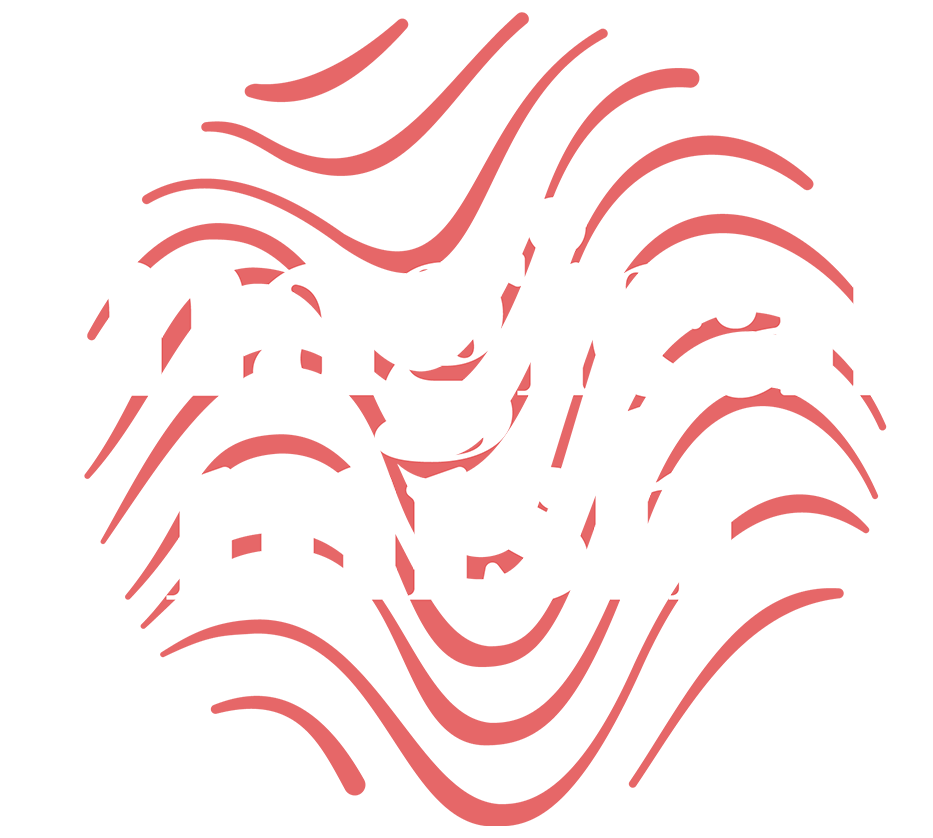
The Power of Self-Connection
July 17, 2024
The Hidden Epidemic: Why We Must Reconnect with Our Feelings
August 14, 2024Feeling Anger Shows You Give Too Much, and Guilt Shows You Take Too Much
Introduction
Have you ever noticed how anger flares up when you’re overwhelmed by others’ demands? Or how guilt creeps in when you feel you’ve taken more than your fair share? In this blog post, we’ll explore how these emotions serve as indicators of imbalance in our relationships and lives.
Understanding Emotions as Indicators
Emotions are powerful indicators of our internal state and the dynamics of our interactions with others. Anger and guilt, in particular, can reveal a lot about how we manage giving and taking. If we suppress these emotions or if most people can’t sit comfortably with these two emotions, it can throw many things out of balance in our lives. However, let’s say you have done the work and can be with your anger and guilt and see their purpose. In such a case, these emotions can serve as valuable tools for personal growth and maintaining healthy relationships. By acknowledging and understanding their signals, we can take steps to address imbalances and create a more harmonious existence.
The Dynamics of Giving and Taking
Healthy relationships require a balance of giving and taking, where both parties feel valued and respected. When this balance tips, we often experience emotions like anger and guilt as a result.
Anger: A Sign of Over-Giving
Over-giving occurs when we prioritize others’ needs at the expense of our own well-being. Anger arises when we feel our boundaries are being crossed or when our contributions are taken for granted. For instance, consider Sarah, who always helps her friends with their problems but feels resentful when no one supports her in return.
When we give too much, we may start to feel depleted, taken advantage of, and unappreciated. This often leads to anger, which serves as a signal that our boundaries need to be reassessed and strengthened. Recognizing anger as a sign of over-giving allows us to take steps to restore balance and protect our well-being.
Guilt: A Sign of Over-Taking
Over-taking happens when we receive more than we give, leading to feelings of unearned advantage. Guilt emerges when we sense that we might be benefiting at someone else’s expense. Imagine John, who feels guilty accepting praise for a project that was a team effort, knowing he didn’t contribute as much.
When we take too much, guilt can arise as a way to alert us to the imbalance. It nudges us to reflect on our actions and make adjustments to ensure fairness and equity in our relationships. Recognizing guilt as a sign of over-taking helps us become more mindful of our interactions and strive for a more balanced exchange.
Finding Balance and Harmony
Take a moment to consider: Are there areas in your life where you feel consistently angry or guilty? Here are some practical steps to rebalance:
- Setting Boundaries: Learn to say no and protect your personal space. This can prevent over-giving and help maintain your energy and well-being.
- Fair Contribution: Ensure your interactions are mutually beneficial, where giving and taking are balanced. This fosters a sense of equity and respect in relationships.
- Communication: Openly discuss your feelings and needs with others. Clear and honest communication can help address imbalances and create healthier dynamics.
Conclusion
Anger and guilt are powerful indicators of imbalance in giving and taking. By recognizing these emotions, we can take steps to restore harmony in our relationships. Start observing your emotional responses and take proactive steps to achieve balance. Share your experiences and thoughts in the comments below.
Final Thoughts
Remember, achieving balance is a continuous journey. Be patient with yourself as you navigate these emotions and strive for harmony. By paying attention to the signals of anger and guilt, you can create healthier, more fulfilling relationships and a greater sense of inner peace.
